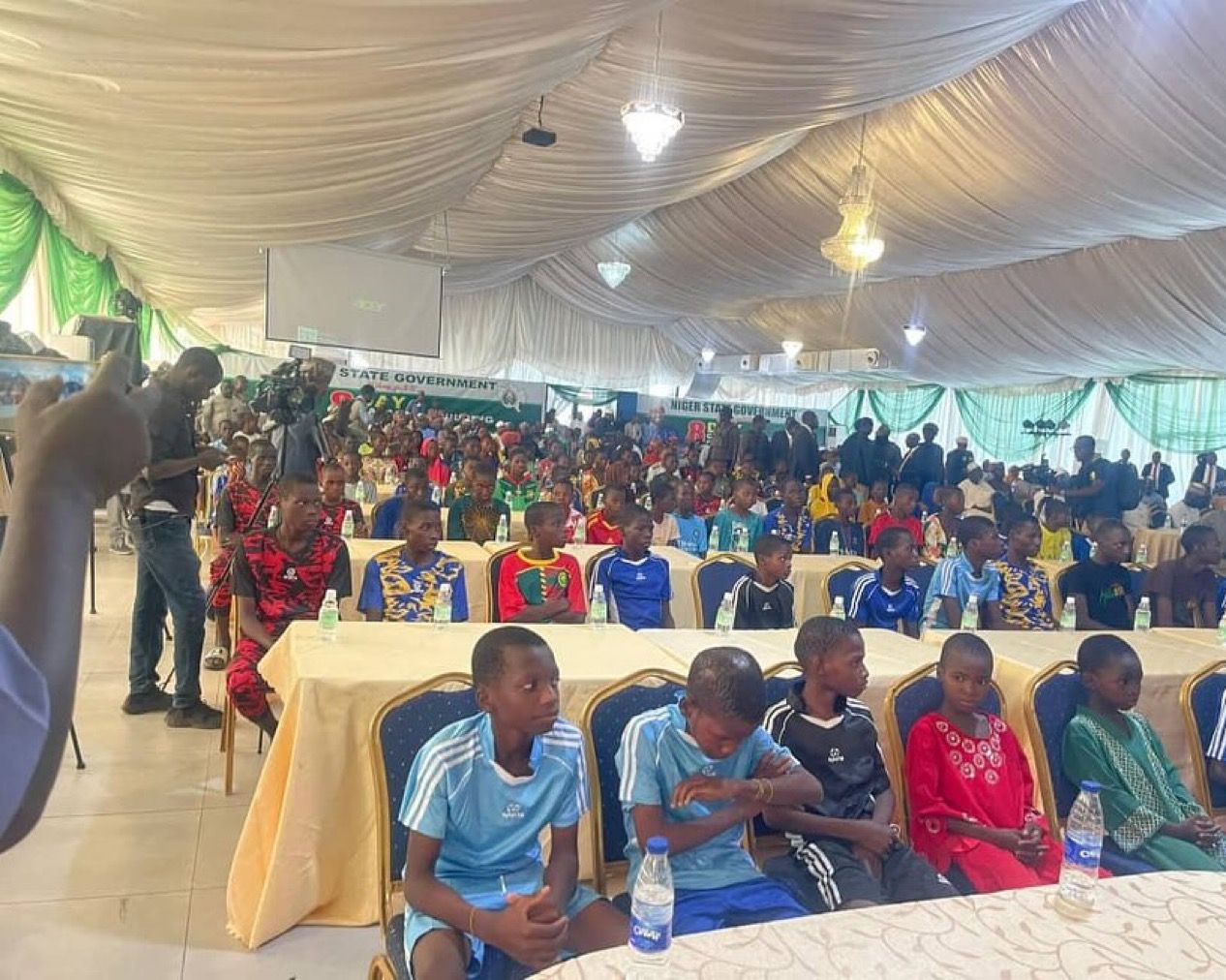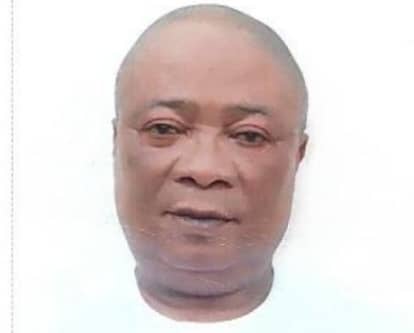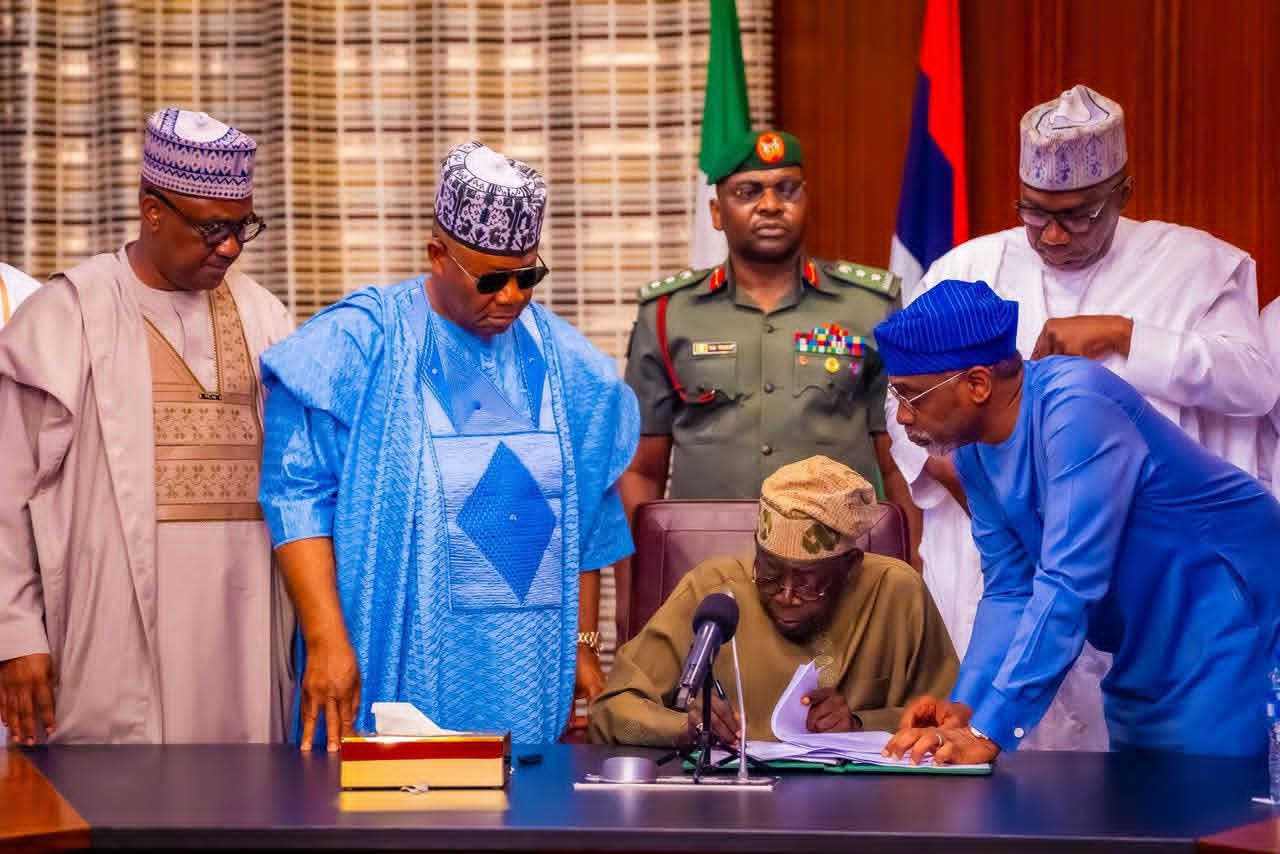Tinubu Administration Pledges Stronger Policy, Funding Support for Creative Industry
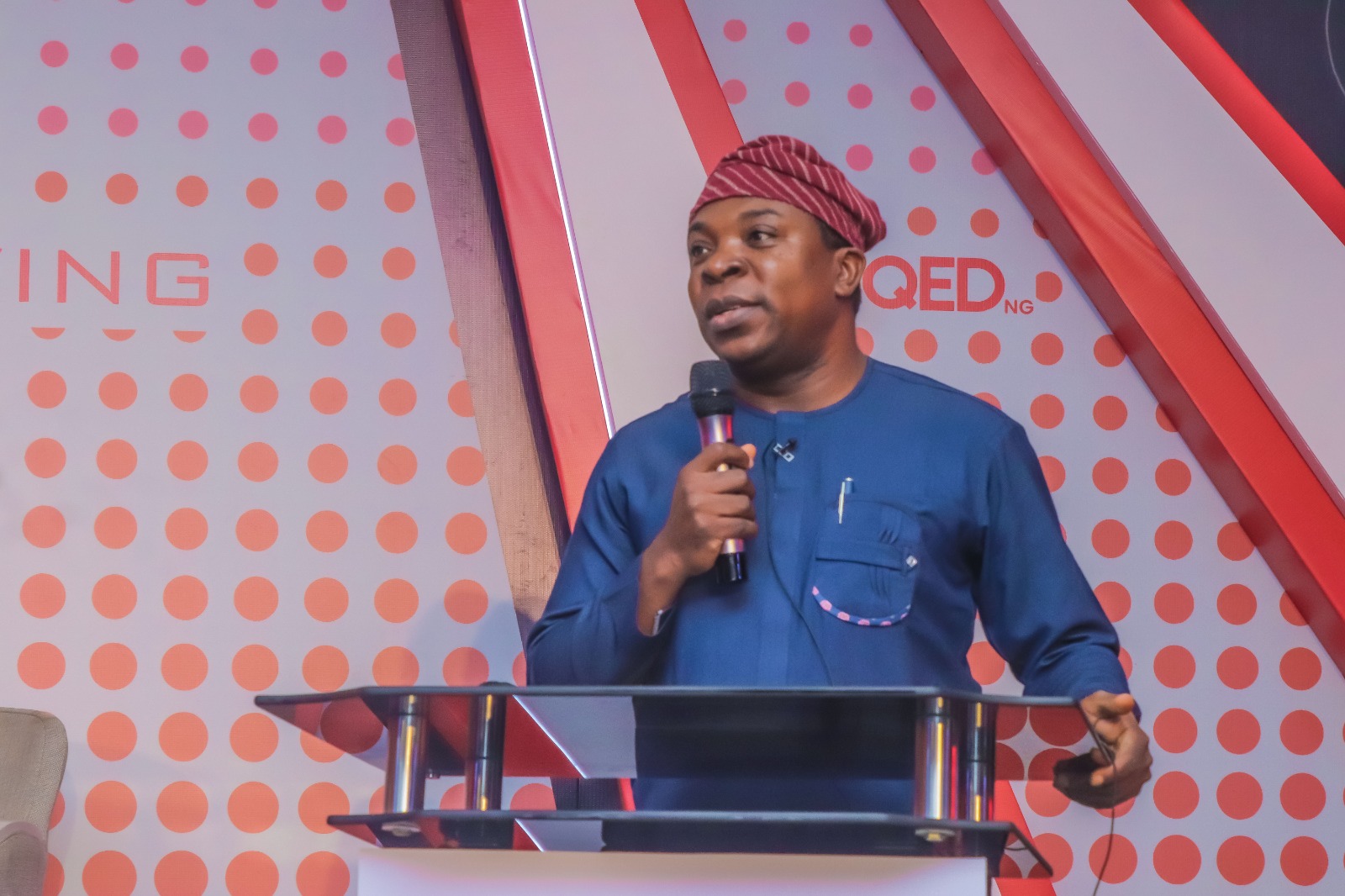
The Presidency has reaffirmed President Bola Tinubu’s commitment to strengthening Nigeria’s creative industry through sustained policy backing, increased investment, and an enabling business environment.
Speaking at the inaugural Creative Powerhouse Summit (QED-NG) held at the Radisson Blu, Ikeja GRA, Lagos, Senior Special Assistant to the President on Media and Publicity, Temitope Ajayi, lauded the sector’s “remarkable” achievements over the past decade in promoting Nigeria’s cultural heritage and positioning the country as a global creative hub.
The summit, themed “Financing as a Catalyst for a Thriving Creative Economy,” brought together stakeholders from film, music, fashion, arts, and technology to explore sustainable funding models and strengthen industry-investor linkages.
“President Tinubu has demonstrated his commitment to the creative sector by dedicating a full ministry to its development,” Ajayi said. “The government will continue to support the industry with policies to ensure it grows in leaps and bounds.”
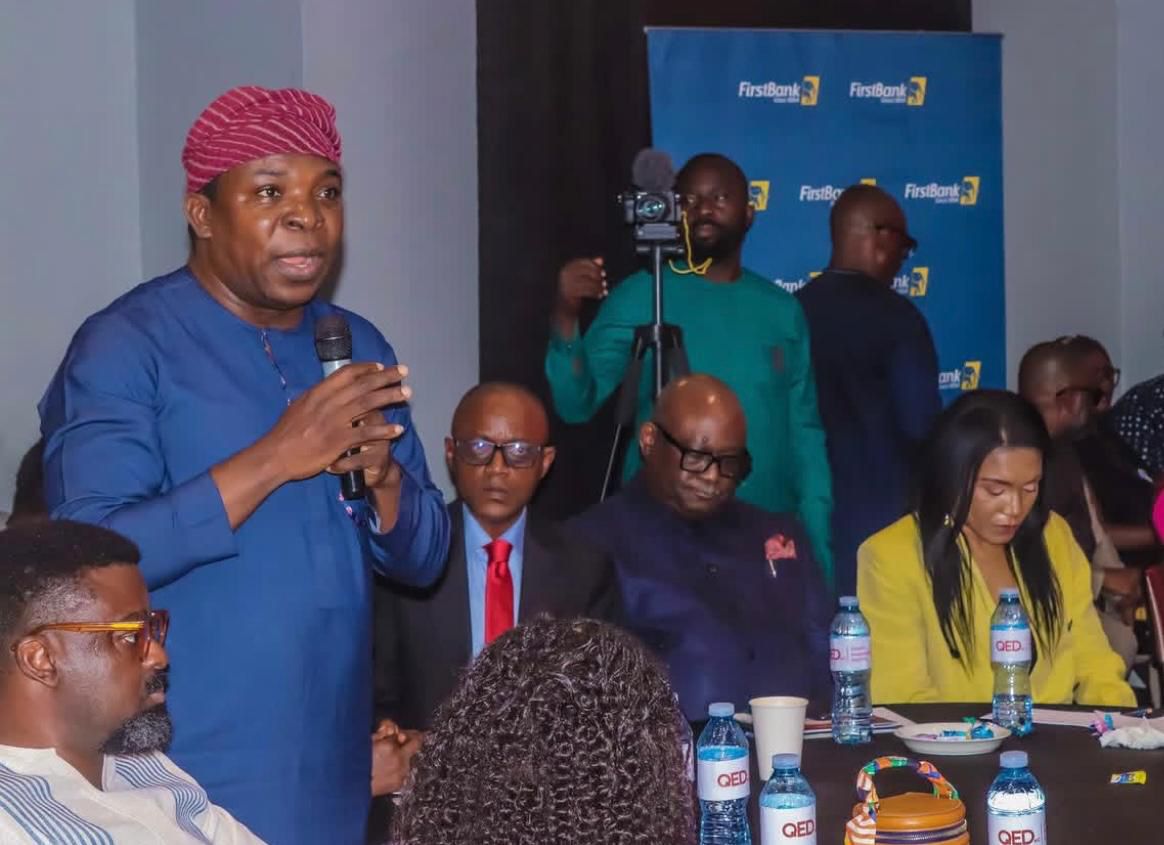
Ajayi urged creatives to embrace partnerships and actively engage with investors capable of scaling ideas into commercially viable ventures.
“The graveyard is full of ideas that died with their creators, never seeing the light of day,” he cautioned. “Without testing market viability and scalability, you cannot be sure your idea will change the world. It’s better to own 10% of something than 100% of nothing.”
Convener of the summit, Olumide Iyanda, said the event was designed to connect creative entrepreneurs with financiers and policymakers to unlock the sector’s full potential.
“The creative industry is one of Nigeria’s strongest export assets,” Iyanda noted. “Our goal is to bridge the funding gap and create the right environment for local talent to compete globally.”
Ajayi praised the organisers for fostering dialogue between industry leaders and investors, adding that with the right blend of government policy, private capital, and collaborative innovation, the creative industry would continue to generate jobs, strengthen Nigeria’s soft power, and consolidate the nation’s place as Africa’s cultural capital.



